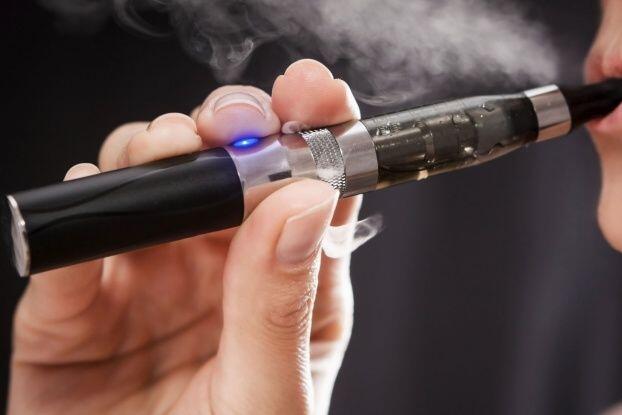Two new laws will be in place to regulate electronic cigarettes and vapes in Malaysia.
One will replace the Control of Tobacco Product Regulations 2004 while the other will be drafted to regulate electronic cigarettes and vapes that do not contain nicotine, said the country’s Domestic Trade, Cooperatives and Consumerism Ministry.
The ministry said the target was for these laws to be in place within two years.
“In the meantime, the sale of electronic cigarettes and vapes will remain under existing laws and regulations, and to be monitored by the ministries and agencies concerned,” it said.
While the ministry is tasked with looking for best practices to regulate the use and sales of the products, health officials must come up with a detailed study on the effects of using such devices.
The statement said the Cabinet decided on October 28 to get three ministries to work together to regulate the use and sales of electronic cigarettes and vapes.
The Health Ministry as well as the Science, Technology and Innovation ministries have been roped in for this.
The Health Ministry is tasked to monitor the sale of liquid containing nicotine for electronic cigarettes and vapes, which can only be sold at licensed pharmacies and by medical practitioners for treatment purposes.
It is also tasked to look at the health aspects when it comes to sales, promotion, sponsorship and labelling of liquid without nicotine. It will be the authority to prohibit underaged people from smoking or using these smoking devices.
The Science, Technology and Innovation Ministry, through the Malaysian Standards Department, is to develop a standard for batteries, devices as well as packaging for nicotine-free liquids.
“Activities involving licence, production, distribution including import, export and retail of devices and liquids without nicotine will come under this ministry’s purview.
“We are in charge of enforcing the standard safety regulations for the batteries and devices. We will see to it that products are properly labelled or action will be taken,” said the Domestic Trade, Cooperatives and Consumerism Ministry.
Source: SCMP











